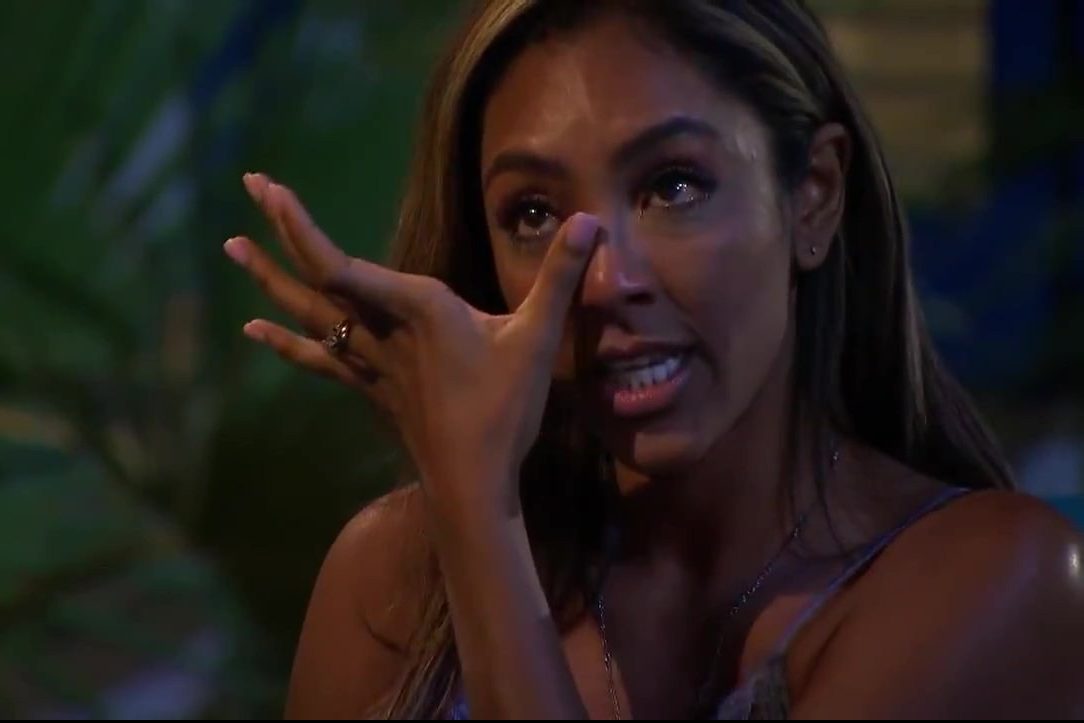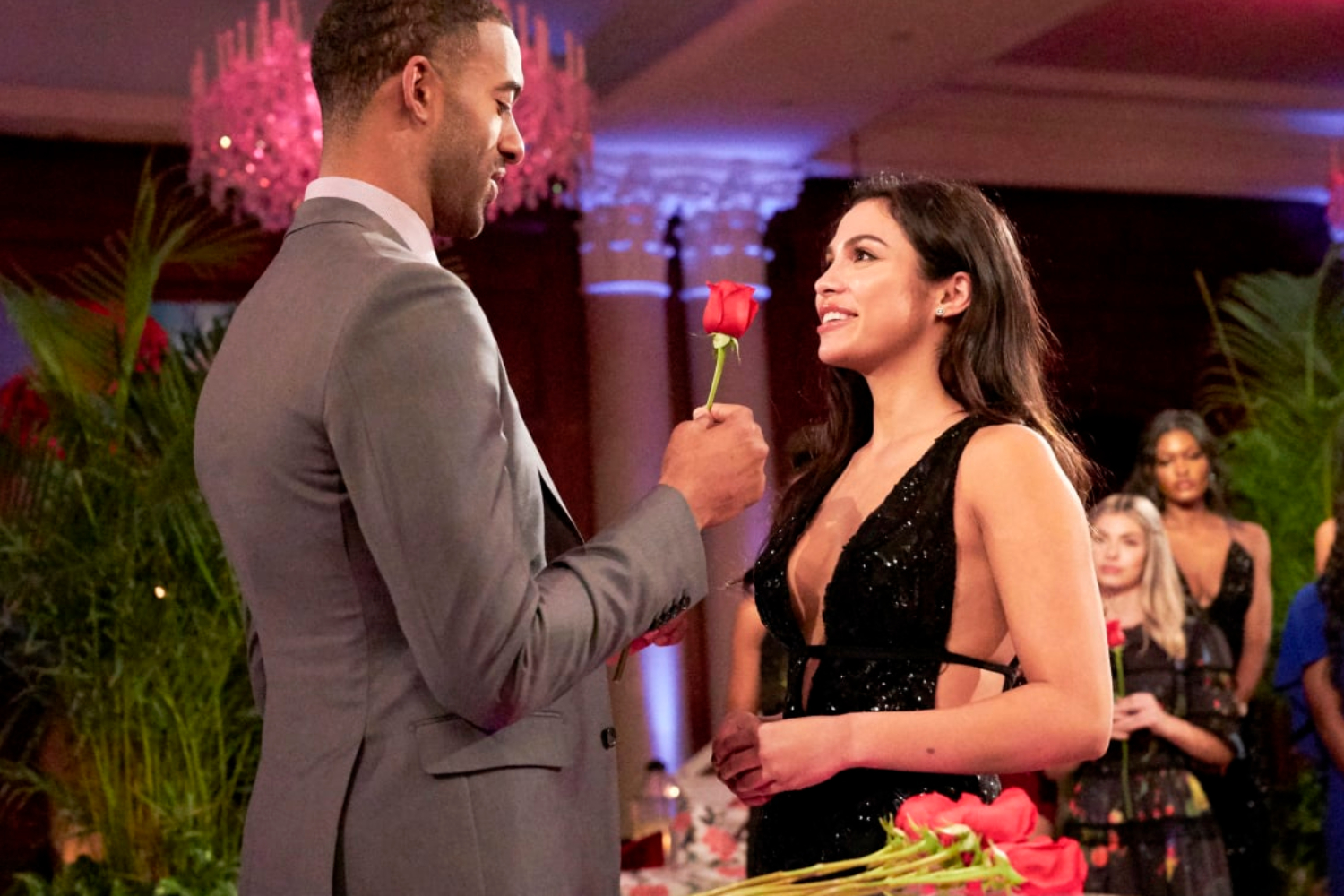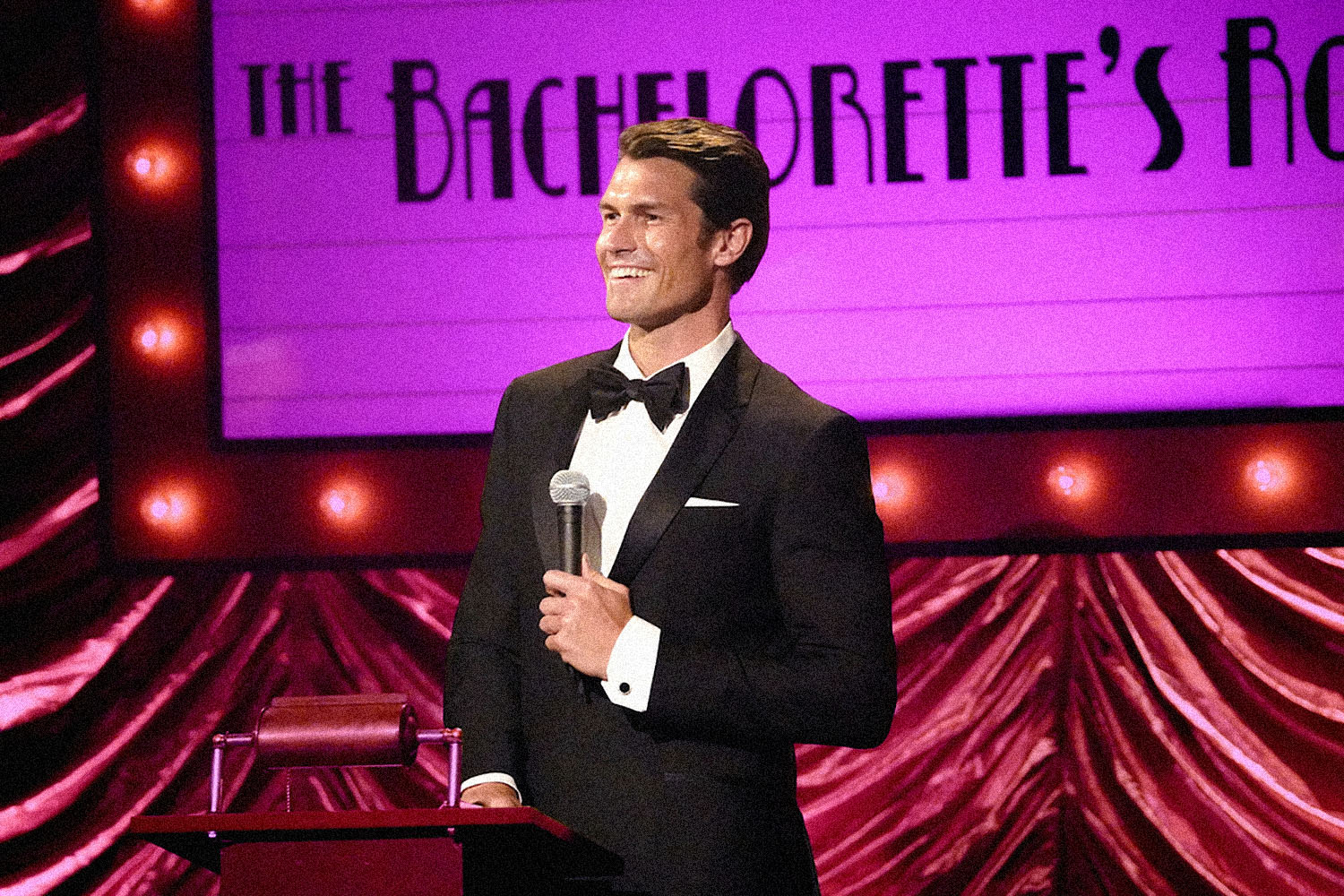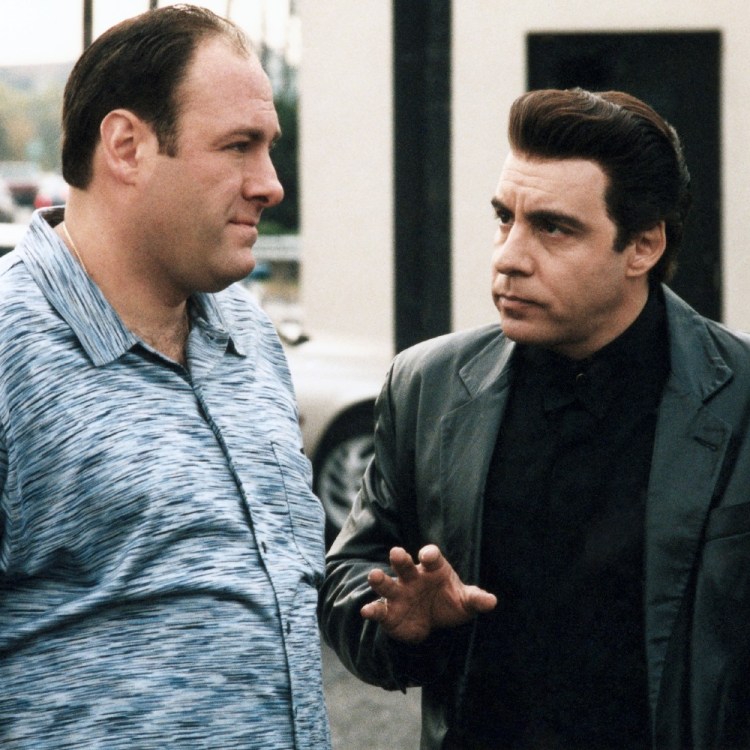ABC and the producers of The Bachelor franchise deserve a standing ovation. Before you spit out your coffee, hear me out.
In the past year, The Bachelor and The Bachelorette have pivoted from romantic, lavish fantasies completely removed from the burden of daily realities to shows that frequently digress from their central storylines to shine a light on important issues that should not be ignored in 2020 — issues that affect intimate relationships. Who would have guessed back in 2006 (when The Bachelor had an actual Italian Borghese prince as their leading man) that by the year 2020, Bachelors and Bachelorettes would be driving the reality TV conversations surrounding Black Lives Matter? How about misogyny and sexism, drug addiction, rehab, eating disorders, mental health challenges and even suicide ideation? For a show that historically focuses only on dream-like experiences, sumptuous locations and good old-fashioned cocktail parties, broaching these topics is a huge step forward, and it sends a powerful message to the industry that compassion is in.
Our first glimpse of this pivot came in March, mere weeks before the pandemic forced us into quarantine. In a “The Women Tell Episode,” former Bachelorette Rachel Lindsay, the first Black lead in the franchise’s history, bravely discussed the racist bullying she had endured throughout her participation on the show. She read out some of the vile, inhumane and obscene messages sent her way as they flashed across the screen. Audiences were being forced to confront racism in America in a space where they’ve traditionally been able to tune it out — the comfy confines of reality TV.
A few months later, George Floyd was murdered, forcing a national conversation on the brutalization of Black people at the hands of police. With entire communities losing their jobs due to the COVID-19 pandemic’s economic downturn, coupled with hundreds of thousands of Americans dying from the virus, mental health issues spiked. The Bachelor and The Bachelorette were filming (and airing) throughout these periods. Producers could have pretended, in their idyllic production bubbles, that these issues had no effect on their contestants, but they didn’t.
The result was a more honest and sobering portrayal of humanity than we’ve come to expect from The Bachelor, where everything has traditionally been, well, rosy. The label “reality” TV had a newfound relevance.
Nothing was swept under the rug after that. During Tayshia Adam’s Bachelorette season, we saw suitor Ben Smith speak with trepidation about his struggles not just with an eating disorder (something which is not commonly associated with men, despite the fact that one in three people struggling with an eating disorder is male), but also suicide ideation.
“I had two failed suicide attempts in 2018 and 2019,” he said to Tayshia at the time. “I didn’t wanna be here anymore. And for the same reason that I don’t like to share. ‘Cause I didn’t wanna burden anybody with my problems, and I thought that the easiest way was to just not be around […] Luckily it didn’t work.”
Suicide has been the shadow haunting reality TV, especially after it was revealed that 38 former reality TV contestants in Britain committed suicide due to mental health complications associated with their time on their respective shows. In Bachelor Nation, three former contestants have taken their lives after appearing in the franchise.
Also in Tayshia’s season, she bonded with suitor Ivan Hall as they both revealed the racist remarks they endured. “I went to a school there weren’t many Black people there,” he told her at the time, “and like this caused me to remember those things, like randomly walking down next to my campus, and being called the n-word like randomly by some people.”
Tayshia was tearful as she shared how the Black Lives Matter movement hit home for her. “Being in Orange County and surrounded by a lot of people that don’t look like me — being the only person that looks like me — I’m realizing that I’ve been trying so hard my whole life to blend in because I knew I was different,” she said. “I didn’t really want to cry about it or open up about it, but hearing people yell ‘Black Lives Matter,’ it hit me more than I realize just because those are people in my backyard that I’ve been trying to prove for so long that I’m the same as them.”
Zac Clark, who ended up ultimately winning Tayshia’s heart at the end of her season, admitted during their dates that he battled drug addiction and alcoholism for most of his adult life.
In previous seasons, these admissions of addiction, suicide attempts, and yes, even being the victim of racism, would have been portrayed in the show as a red flag. They’re too unstable, too problematic, too argumentative! Instead, ABC portrayed each instance with dignity, compassion and understanding. For a show that, in the previous iterations, rarely showed a crooked tie or stray smudge of lipstick, The Bachelor as a franchise was no longer interested in perfect people. Fall in love with the flawed but redeemable contestants instead, the show demanded of its audience.
And we did. Bachelor Nation responded by heaping praise upon the franchise for finally speaking about what truly matters to everyday people.
This is the kind of reality TV show we need: one that shows the beauty in our respective struggles, rather than treating them with mockery. Look, reality TV shows (on even the best of days) are a cesspool of exploitation, and historically The Bachelor itself has been guilty of some of the worst examples. Slut-shaming abounds in this franchise (including on the current season), which loves to see its Christian, Jesus-loving dreamers give in to their temptations and sin (sex in a windmill, anyone?). So there’s still work to be done.
But if we can get the words “Black Lives Matter” into the Fantasy Suite, there’s hope for not only a better, more impactful Bachelor going forward, but perhaps the reality-TV genre writ large.
This article appeared in an InsideHook newsletter. Sign up for free to get more on travel, wellness, style, drinking, and culture.























